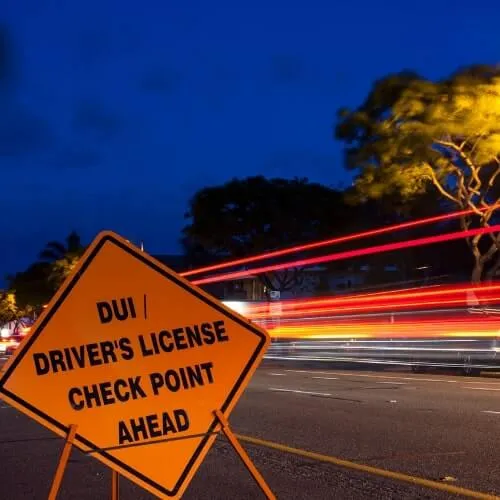
What is the 24D First Offenders Program?
You must know that if you arefound guiltyof an OUI at trial, thetrial judge always has the optionof sentencing up to the maximum penalty. For example, in the case of a first offense, a judge may impose a commitment to the House of Correction. TheHouse of Correctionis the local jail. Each county has its own House of Correction and the maximum sentence at a House of Correction is 30 months per offense, ourMassachusetts OUI lawyerexplains. You should also know that a trial judge also has the option to imposeno jail time whatsoever.

A guilty verdict on afirst-offense DUIdoes not always mean jail.The law provides for a so-called “24D alternative disposition,” which is a reference to the specific statutory provision. Instead of incarceration, an individual is placed on probation for 12 months, and as a condition of probation, must attend and complete a driver alcohol education program. Additionally, the individual’slicense is suspendedfor 45 to 90 days, with eligibility for a work/hardship license once he or she has enrolled in the education program and can also show that a limited license is needed for work or education.
For a free legal consultation, call (781) 740-0800
This is quite powerful for the individual who hasrefused the breathalyzer(where the license loss is at least 180 days), because the hardship license will replace the license loss for the refusal. Consider the following example: a driver ispulled overand arrested for OUI, then at the police station refuses to take the breathalyzer.
His license is suspended for 180 days. 100 days after the arrest, his case is tried in District Court and a guilty verdict is rendered. If he is given the 24D disposition and is granted a hardship license, the remaining 80 day license suspension will be wiped out and he will be allowed to drive for a 12-hour period, 7 days a week.
Click to contact our criminal defense lawyers today
The 24D alternative disposition is only available to individuals who have never been convicted of an OUI(in Massachusetts or in any other state) or assigned to an alcohol education program. The sole exception is for convictions or assignments to an alcohol education program that occurred ten or more years prior to the arrest of the current charge. This exception is often referred to as a “Cahill Disposition.”
Call or text (781) 740-0800 or complete a Free Case Evaluation form



